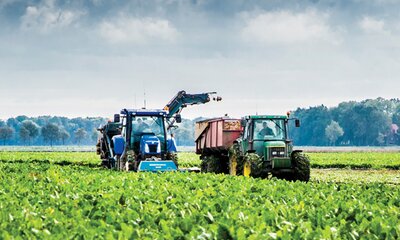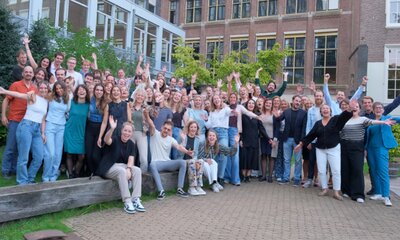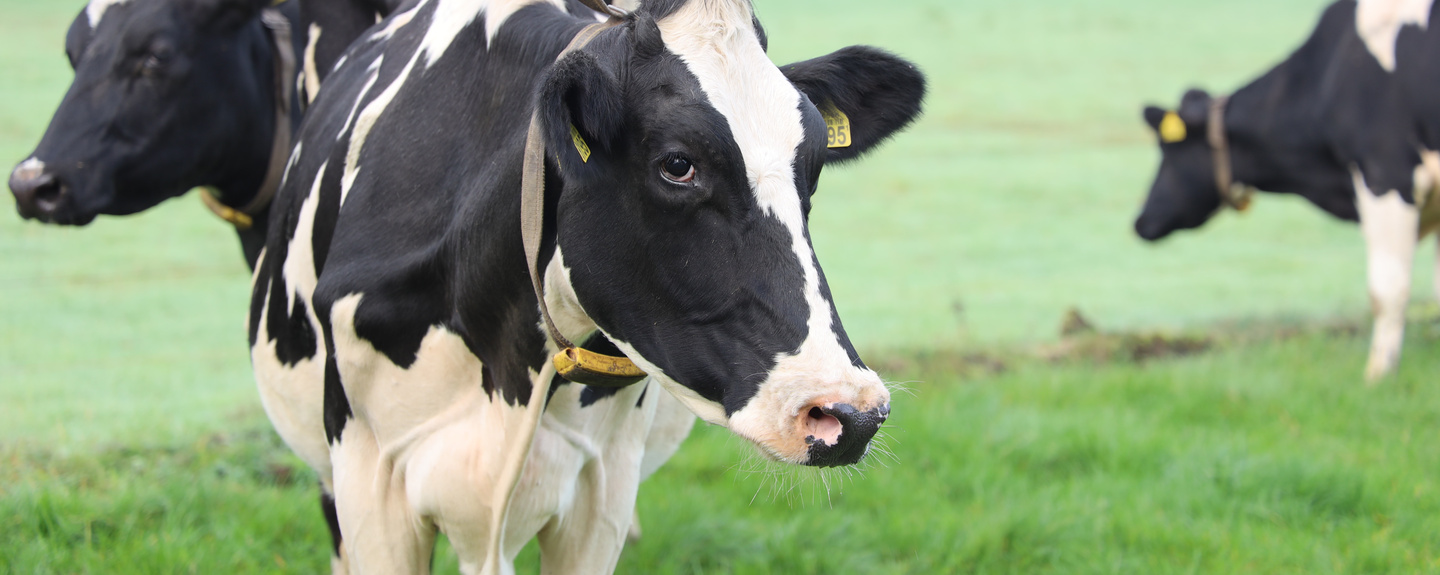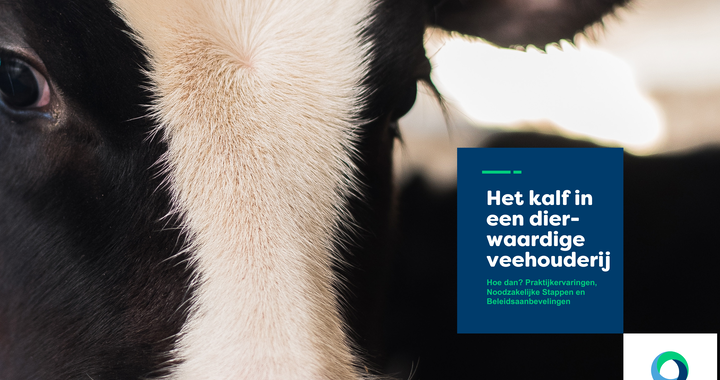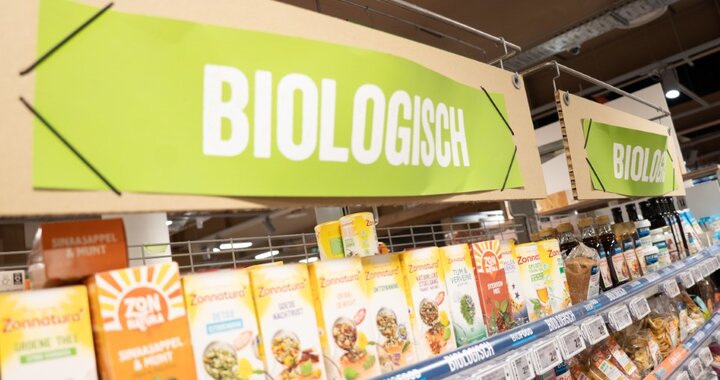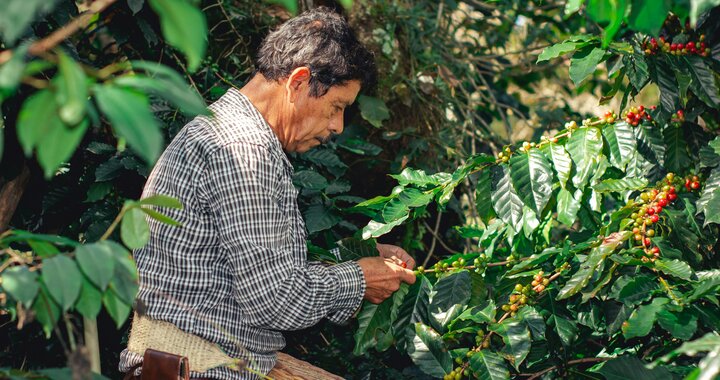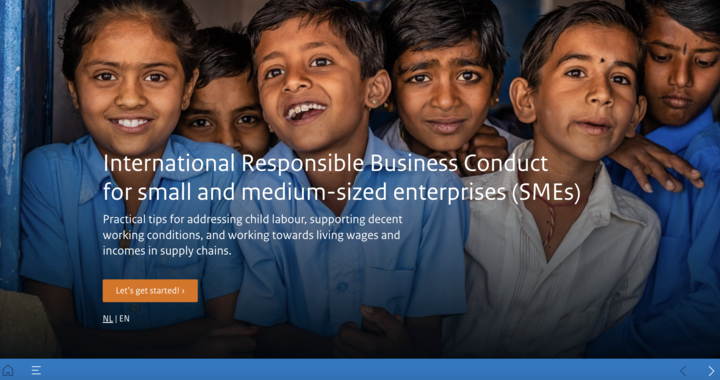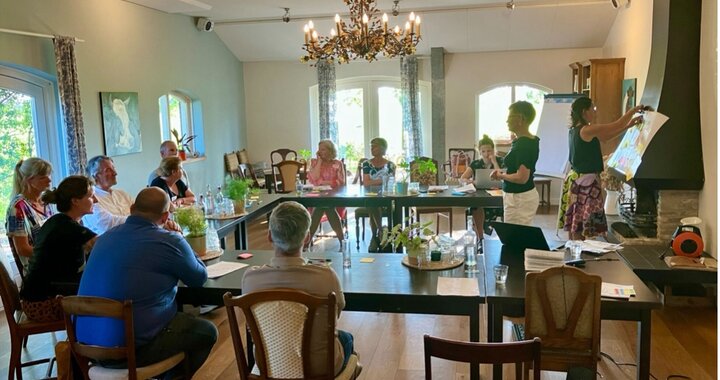Dutch livestock sector
On April 5, 2022, the European Commission proposed the revision of the IED. Before the Dutch cabinet would take a final position towards Brussels for the negotiations, there was a need for an impact assessment to map out the effect on and consequences for the Dutch livestock sector. This has also been promised to the House of Representatives and announced in the BNC file. The agriculture team of S&P conducted this impact assessment.
Because the revision of the IED can have an impact on livestock farming and the involved authorities in the Netherlands, it was important to identify the consequences of the revision of the IED. The effect on the level playing field for livestock farmers in the European Union was also examined.
The impact assessment primarily focused on assessing the amount of administrative burdens, costs, investments, the implementation time for permits, and the effectiveness of emission reduction.
Desk study and interviews
A desk study in collaboration with Statistics Netherlands (CBS) provided answers to quantifiable questions about the number of farms that would fall under the revised IED at different threshold values for Livestock Units.
The second step was to conduct interviews. After drafting three interview formats for different target groups, twenty-one stakeholder interviews were conducted. The consulted stakeholders were working for municipalities, provinces, national government, NGOs, environmental services, research institutions, livestock industry, governments of other member states, and advisory agencies on licensing. A feedback session was then organized to present and discuss the collected information and to increase stakeholder involvement.
The information from the desk study, stakeholder interviews, and feedback session was incorporated into the impact assessment. This described the consequences and possible risks of the revision of the IED and identified various focus points and recommendations. General orientation was reached in the council at the end of March. Based on this, trialogues with the European Parliament have started.
